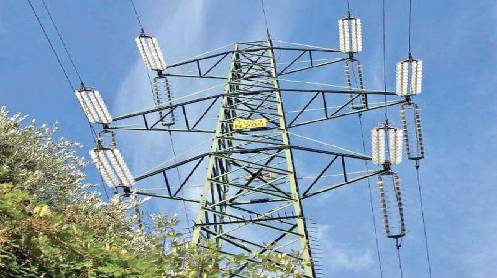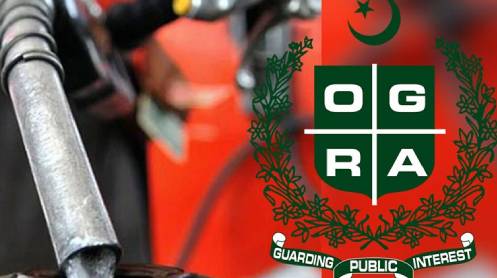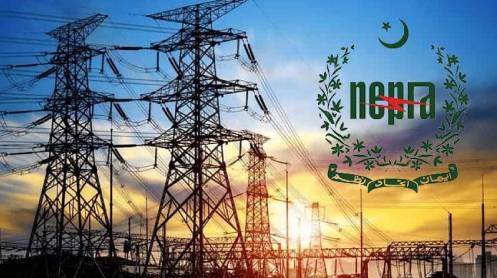ISLAMABAD: The Joint Working Group (JWG) on CASA-1000 is meeting representatives from the World Bank, international financial institutions (IFIs), and donors on November 21-22, 2024, in Istanbul, Turkiye. The discussions aim to address critical issues hindering the completion of the CASA-1000 power transmission system, sources informed Business Recorder.
Project Overview
Initiated in 2006 and formalized through agreements in 2008, CASA-1000 facilitates the transportation of surplus electricity from Kyrgyzstan and Tajikistan to Afghanistan and Pakistan during May-September. The system also includes bi-directional capabilities for energy transmission from Pakistan to Central Asian Republics (CARS) in winter, subject to commercial agreements.
The project, valued at $1.2 billion and funded by institutions such as the World Bank, USAID, and IDB, also involves Pakistan’s $220 million contribution. Energy payments are based on delivered units, with tariffs covering generation and transmission.
Progress and Challenges
Despite awarding 10 contracts, including five to Indian firms, and storing 100% of required materials in Afghanistan, construction progress has been stalled by instability in Afghanistan. Suspension of World Bank and USAID funding has halted activities, stranding assets in other countries and prompting repayment of financing.
Diplomatic Efforts
Recent high-level meetings have urged the World Bank to re-engage in Afghanistan, including a video conference on November 3, 2023, and ministerial talks in Dubai on December 4-5, 2023. The World Bank’s endorsement of a new funding approach on February 15, 2024, allocated $300 million outside Taliban control, enabling gradual resumption of works.
Next Steps
EPC contractors, including KPTL and KEC, have committed to restarting activities once arrears are cleared and forward funding confirmed. With 100% material preserved and force majeure conditions lifted, resumption of Afghan operations is anticipated within months, targeting project completion by 2026.
The CASA-1000 remains vital for regional energy integration, but its success hinges on international collaboration and resolving funding challenges in Afghanistan.
Story by Mushtaq Ghumman





